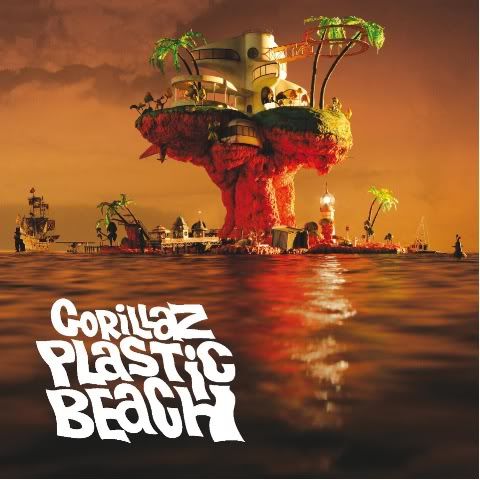300 years in the future, death and taxes have been modified into an afterthought. Revival techniques and age therapy have provided means to prolong man's lifetime to well over 170 years, provided that the brain is intact. Incorporation is the way of life in this modern world. From birth, the government has a 5% stake in the individual's future earnings, the parents a 20% stake. By law, the individual itself has to keep a 25% minimum stake in themselves. The other 50% is IPO'ed to investors who own you as a potential cash cow. It is explained by one citizen as incentive born of self-interest - 'Why would you lash out at a sibling if you have a stake in gaining from their future? You wouldn't want to risk physical or emotional trauma to affect your chance to make money...'
Into this well oiled system, insert a single, free man. Justin Cord, a 21st century billionaire, the first man to create an entirely workerless factory in Tennessee, was dying of cancer. He used his fortune to design and build a cryogenic suspension unit for the purposes of being revived in a world where such an illness could be cured. Nearly 300 years later, he is discovered by a GCI prospector named Omad, just an ordinary joe looking to make a buck on the side who stumbles upon Justin's cavernous tomb.
GCI, the largest corporation on the planet, takes over its employee's find. Neela Harper, a revivalist stationed in Boulder, Colorado, sees this find as her one big chance to break free from the small town stage. No one survived the GC (Great Collapse) of the 21st century, which decimated the world's population. If it wasn't for the wisdom and guidance of Tim Damsah, a young Alaskan politician, the world might have fallen victim to the effects of the horrifying VR Plague.
Neela fights Hektor Sambianco, the GCI representative for the constitutional right of immediate revival. Hektor refuses, sneering that GCI will revive the Man when it has a guarantee of profit from the matter. After all, a pre-GC man had the potential to be quite valuable as a curiosity. The Chairman, reclusive head of GCI and the most powerful man in the world, had a responsibility to the stockholders of his company to milk this find for what all it was worth.
Hektor demands the outrageous sum of 10 million for an immediate revival. Neela balks - the highest revival ever contracted before was in the 400,000 range, this was ridiculous. Yet, by the end of the day, an anonymous donor covers the tab: Justin Cord becomes the Uniincorporated Man, the only person in the solar system (which has since been colonized through terraforming), to not be owned by anyone else.
While the Incorporated World's members dream of someday achieving the magical number of a 51% majority stake in themselves, this man receives it on a silver platter.
Neela is assigned to integrating Justin Cord into the wonders of the modern world. But it soon becomes clear that the modern world also needs time to adjust to the existence of Justin Cord. The man is ingenious, observant, and eloquent - and is absolutely disgusted by the concept of "incorporation." The idea of humans owning each other is repulsive to a man who spent his life earning his freedom from rags to riches. The more Hektor Sambianco and GCI try to force Cord into becoming part of their stock trading world, the harder and more determined Cord fights against the perceived bonds.
Justin quickly becomes a celebrity not only because of his unique status of freedom, but also for being a living legend - the story of his life and mysterious disappearance intrigued the world for 300 years. To have the actual article preserved and intelligent makes him the most followed man on the planet. But when a radical political party names Cord their poster boy and begins a reign of terror in his spirit, Cord finds how quickly public opinion can change. He did not wish any of this to happen, but refuses to acquiesce to the demands that he become part of the system.
How hard would you fight to retain your concept of independence? Is it worth the loss of your friends, fortune, and reputation? Is it right for one man's ideals to overrule the the greater society's stability and interest?
"This world we are living in, sir, is a dictatorship - a dictatorship of the content. It is a creeping, smothering form of dictatorship that works so well and makes everyone so happy... on the surface." - pg.448

I really enjoyed this book, it was rather thought provoking and insightful in the realm of humanity and the concept of self interest. The drawbacks to the book is the chapter concerning the universal week of debauchery that is named Mardi Gras. That and the use of the f-bomb 300 years past the present are two concepts that would have been better buried in the Great Collapse.
I am not much for sci-fi, but this is humanity accelerated and given new toys rather than the cliche idea of hypothetical contact with extraterrestrial races.



No comments:
Post a Comment